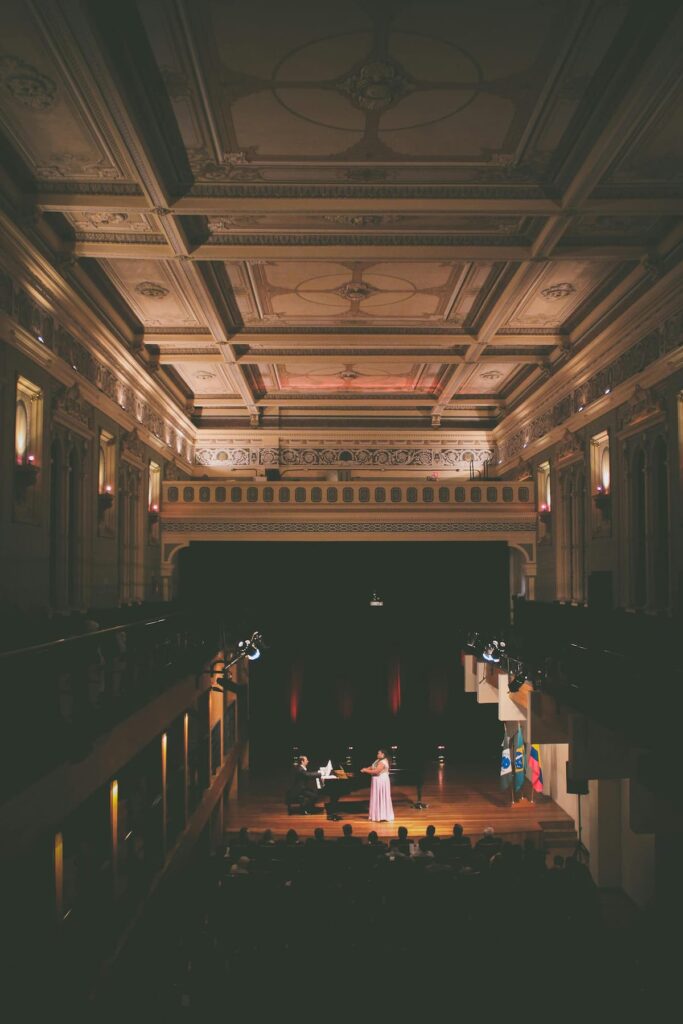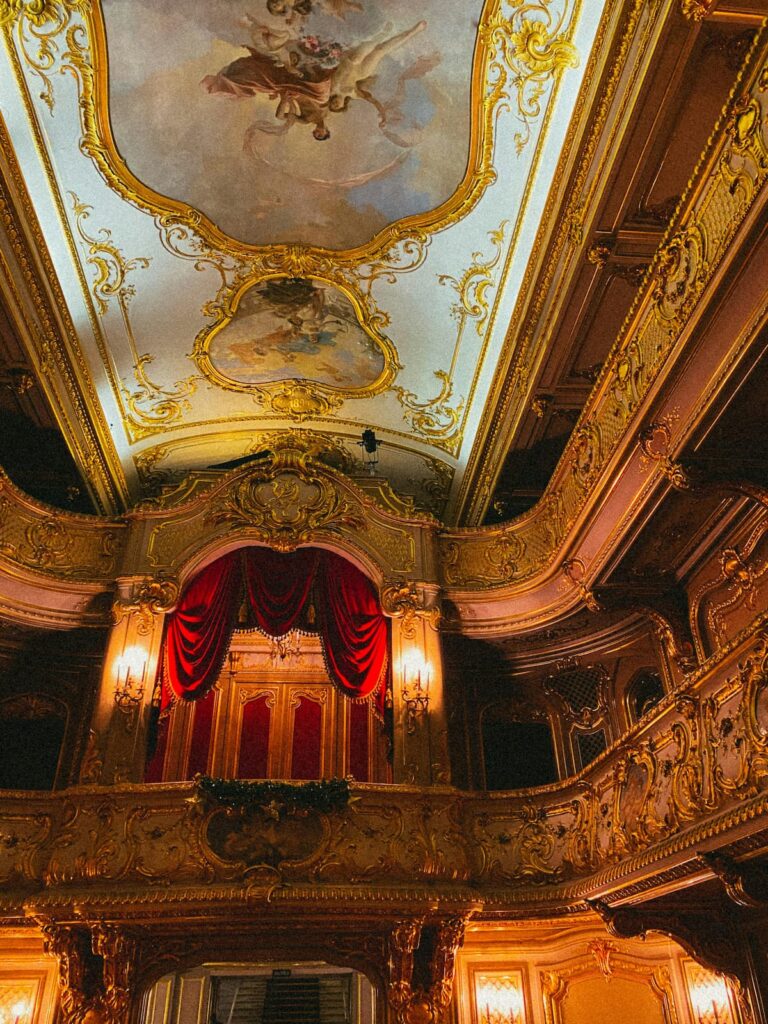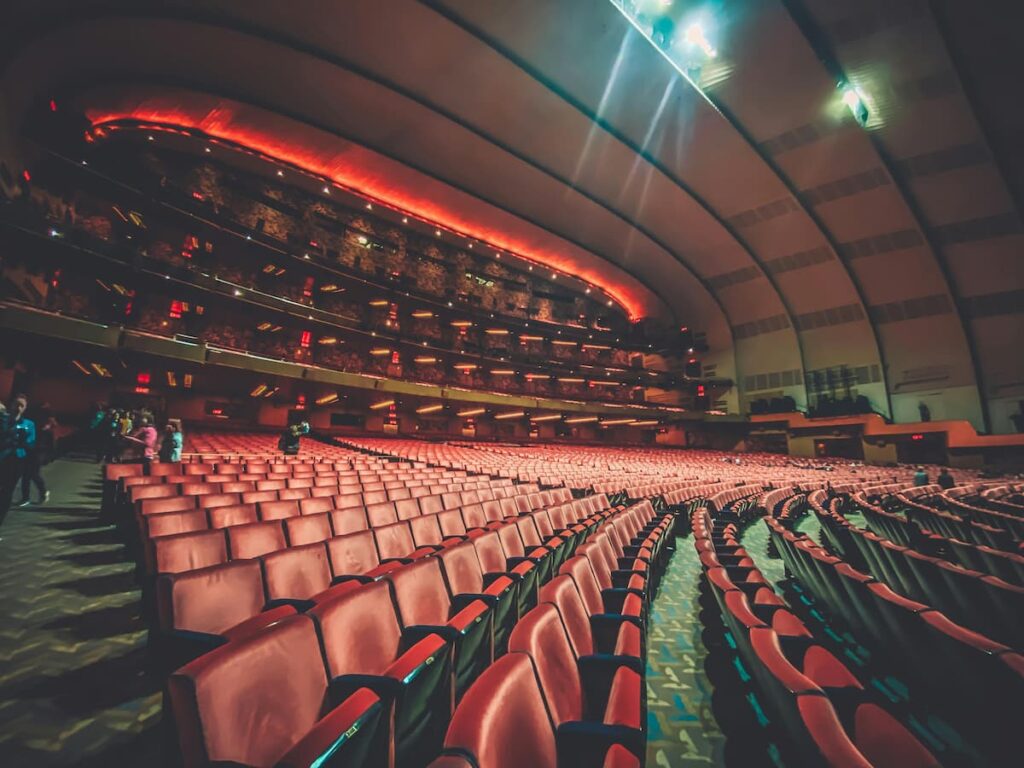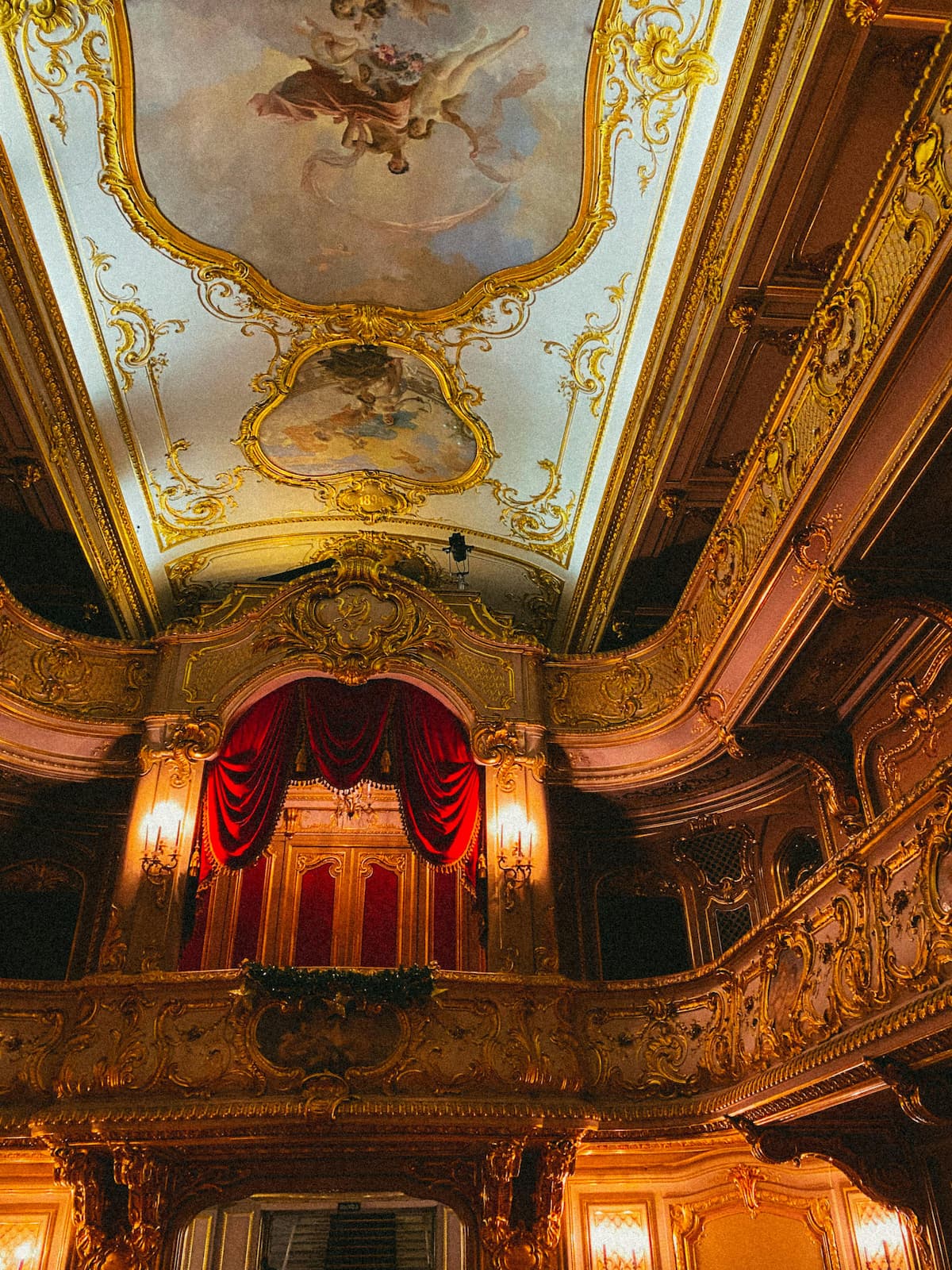The Metropolitan Opera, affectionately known as the Met, is a cornerstone of American cultural history. Founded in 1883, it has become an iconic institution, not only in New York City but around the world. With its grand performances, stunning productions, and legendary singers, the Met has a rich history filled with fascinating stories and memorable events. In this article, we will delve into the untold stories of the Metropolitan Opera, exploring its origins, its milestones, and the people who have shaped its legacy.
Table of Contents
The Birth of the Metropolitan Opera
The idea of creating a grand opera house in New York City was conceived in the late 19th century by a group of wealthy businessmen. They wanted to establish an institution that could rival the prestigious opera houses of Europe. On October 22, 1883, the Metropolitan Opera House opened its doors with a performance of Charles Gounod’s “Faust.” The inaugural performance set the stage for what would become one of the world’s leading opera companies.

The Golden Age of the Metropolitan Opera
The early 20th century is often referred to as the Golden Age of the Metropolitan Opera. During this period, the Met attracted some of the most renowned opera singers of all time, including Enrico Caruso, Nellie Melba, and Rosa Ponselle. These legendary artists brought their exceptional talent to the Met’s stage, creating unforgettable performances that are still remembered today.
One of the most significant milestones in the Met’s history occurred in 1908 when Enrico Caruso made his debut. Caruso’s powerful voice and charismatic presence captivated audiences, and he quickly became one of the Met’s biggest stars. His recordings, many of which were made during his tenure at the Met, remain popular among opera enthusiasts.
The Move to Lincoln Center
In 1966, the Metropolitan Opera made a significant move to its current home at Lincoln Center for the Performing Arts. The new opera house, designed by architect Wallace K. Harrison, was a state-of-the-art facility that provided the Met with modern amenities and improved acoustics. The opening night at Lincoln Center featured a production of Samuel Barber’s “Antony and Cleopatra,” directed by Franco Zeffirelli and conducted by Thomas Schippers.
The move to Lincoln Center marked a new era for the Met, allowing it to expand its repertoire and reach a broader audience. The new location also facilitated the Met’s famous Live in HD broadcasts, which bring live performances to cinemas around the world.
The Met’s Impact on American Culture

The Metropolitan Opera has had a profound impact on American culture. It has introduced countless people to the art of opera, making it accessible to audiences far beyond the walls of the opera house. The Met’s radio broadcasts, which began in 1931, have brought live opera to millions of listeners across the country. These broadcasts continue to this day, making the Met’s performances available to a global audience.
In addition to its broadcasts, the Met has played a crucial role in promoting new works and contemporary opera. The company has premiered numerous operas by American composers, including John Adams, Philip Glass, and Nico Muhly. These premieres have helped to revitalize the art form and attract new audiences.
The Unsung Heroes of the Met
While the stars of the Metropolitan Opera often receive the most attention, there are many unsung heroes behind the scenes who contribute to the company’s success. From the stagehands who build and manage the elaborate sets to the costume designers who create stunning outfits for the performers, these individuals play a vital role in bringing the Met’s productions to life.
One such unsung hero is Franco Zeffirelli, a legendary director and designer whose lavish productions have become synonymous with the Met. Zeffirelli’s productions of operas like “La Bohème,” “Turandot,” and “Aida” are known for their opulence and attention to detail, making them some of the most beloved productions in the Met’s history.
Challenges and Triumphs
Like any great institution, the Metropolitan Opera has faced its share of challenges. Financial difficulties, changes in leadership, and evolving audience preferences have all presented obstacles over the years. However, the Met has always managed to overcome these challenges, thanks to its resilience and the support of its dedicated patrons.
One of the Met’s most significant triumphs came in 1976 with the premiere of the “Ring Cycle,” directed by Patrice Chéreau and conducted by James Levine. This ambitious production of Wagner’s epic opera cycle was a monumental undertaking that required years of planning and preparation. The result was a groundbreaking interpretation that received widespread acclaim and solidified the Met’s reputation as a leading opera company.

The Future of the Metropolitan Opera
As the Metropolitan Opera looks to the future, it continues to innovate and adapt to the changing landscape of the performing arts. The Met’s commitment to diversity and inclusion is reflected in its programming, which features a broad range of works by composers from different backgrounds and traditions.
The Met also embraces new technologies to enhance the audience experience. The Live in HD series, which broadcasts live performances to cinemas worldwide, allows opera lovers to enjoy the Met’s productions from the comfort of their local theaters. Additionally, the Met’s digital platform offers on-demand access to past performances, making it easier than ever to experience the magic of the Metropolitan Opera.
Conclusion
The Metropolitan Opera’s rich history is a testament to its enduring legacy and its vital role in the world of performing arts. From its humble beginnings to its status as a cultural powerhouse, the Met has always been at the forefront of opera innovation. As we celebrate the untold stories of the Metropolitan Opera, we are reminded of the countless individuals who have contributed to its success and the transformative power of music.
Please click here for Further Exploration
Please click here to read about ESSENTIAL MARATHON TRAINING TIPS FOR EVERY RUNNER


1 thought on “The Untold Stories of the Spectacular Metropolitan Opera”